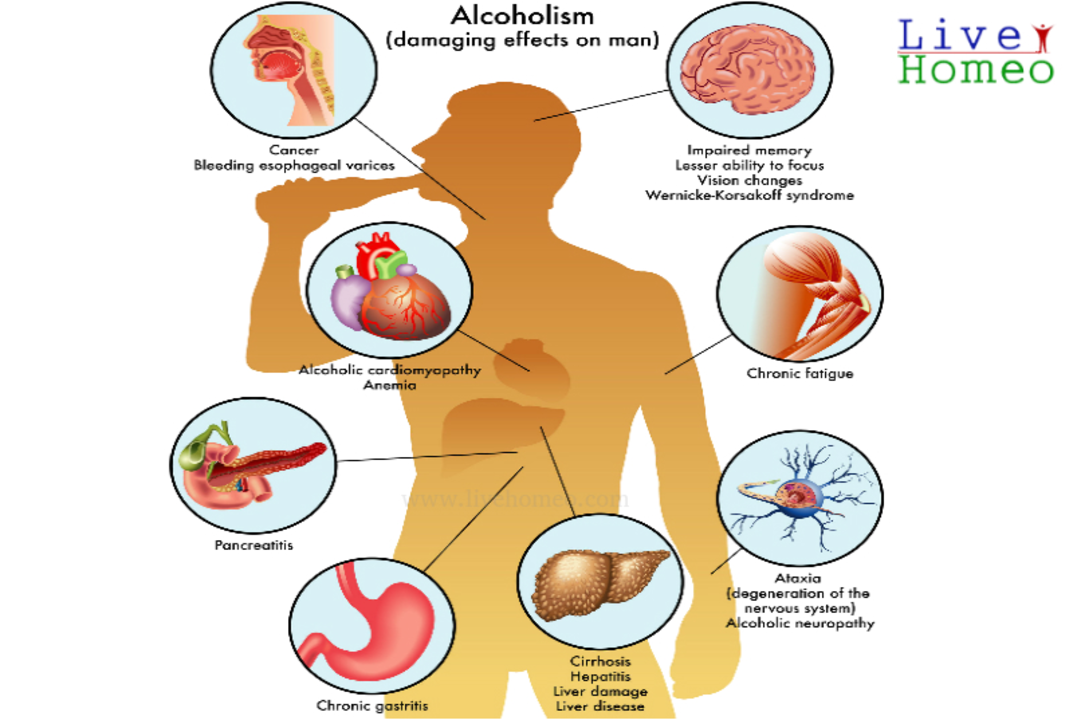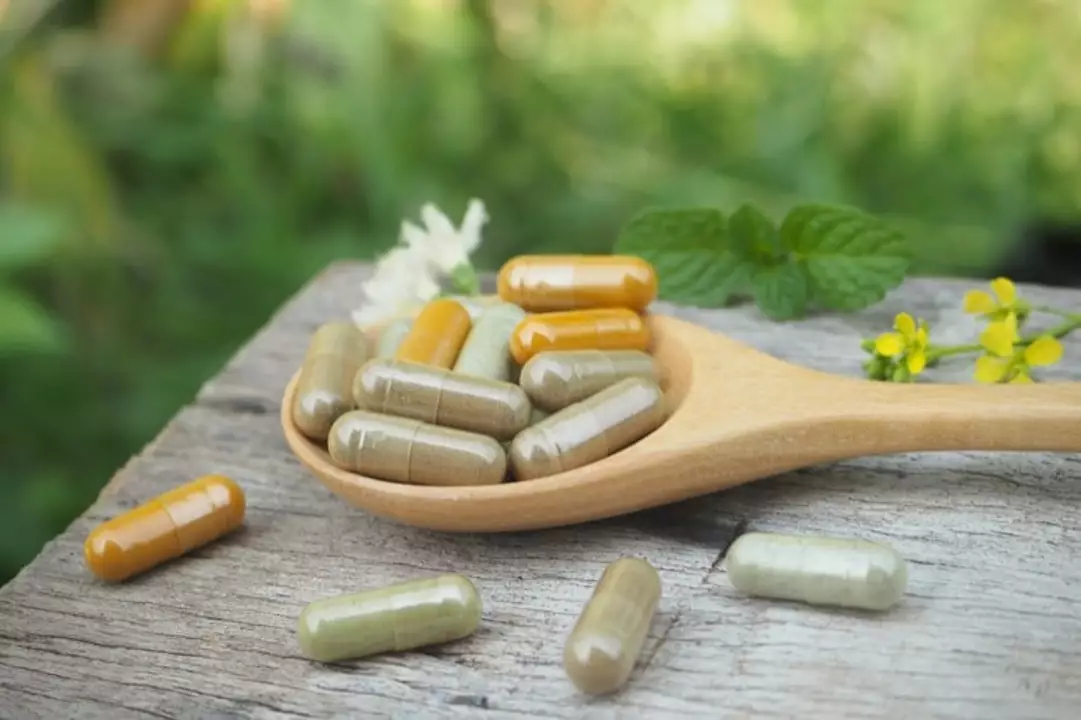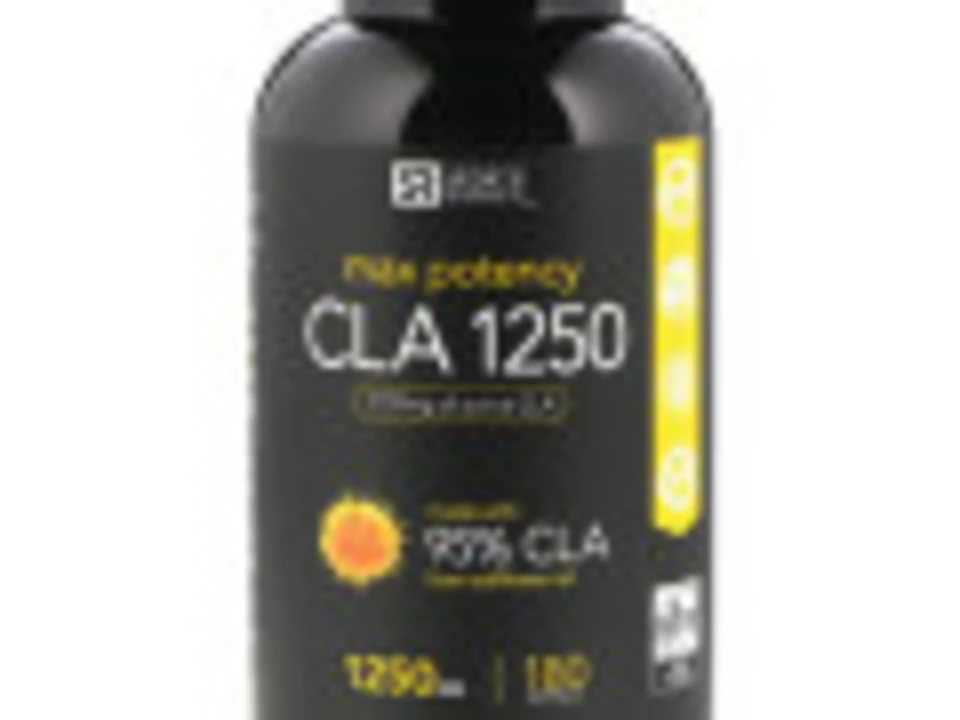June 2023 Archive — Practical Pharmacy Notes and Safety Tips
June 2023 brought short, practical posts about topical drugs, immunosuppressants, alcohol and uric acid, plus a couple of natural supplements. The month focused on real risks and useful steps: when to ask your doctor, how to watch for trouble, and simple changes that can help right away.
Tazarotene showed potential for some people with eczema. Originally a treatment for acne and psoriasis, topical tazarotene can reduce inflammation and improve skin texture for certain cases. Expect possible irritation and increased sensitivity. If you try it, start with a low strength, patch test first, and check with a dermatologist about pregnancy risks and long‑term use.
Clobetasol surfaced as a strong steroid that works but also carries risks. Short courses can calm severe flareups, but prolonged use may cause skin thinning, stretch marks, and even adrenal suppression. Use only as directed, avoid applying on thin skin or large areas, and report burning, excessive redness, or new weakness to your provider.
Cyclosporine appeared twice in June, underlining how common and important this drug is for transplant patients. It helps prevent rejection but can raise blood pressure and harm kidneys, which then affects the heart. If you or someone you care for is on cyclosporine, expect regular blood pressure checks, kidney tests, and dose reviews. Talk with your transplant team before changing any other medicines or supplements.
Alcohol and uric acid was an eye‑opener: drinking can raise uric acid and increase gout risk. Beer and spirits often have a bigger effect than wine. Cut back on drinking, stay hydrated, and choose lower‑purine foods if you struggle with high uric acid. If gout flares repeat, ask your doctor about testing and preventive treatment.
Two natural‑product pieces looked at beeswax supplements and Devil’s Club. Beeswax supplements may carry antioxidants and anti‑inflammatory components; people mentioned heart and immune benefits. Devil’s Club is promoted for energy and focus. With both, beware of inconsistent dosing and limited clinical proof. Tell your clinician about any supplement you take, especially if you’re on blood thinners or immunosuppressants.
Practical takeaways
1) Never self‑prescribe strong topical steroids or retinoids—patch test and consult a dermatologist. 2) If you take cyclosporine, schedule regular blood work and blood pressure checks. 3) Cut back on alcohol if you have high uric acid or gout risk. 4) Treat supplements as active substances—discuss them with your doctor. 5) Watch for warning signs like new skin thinning, swelling, shortness of breath, or sudden energy loss and report these fast.
Want to read more?
Browse the linked articles for details, references, and step‑by‑step suggestions for monitoring and safe use. June’s posts are short, practical, and focused on keeping treatment effective while lowering risk.
Have questions about any post? Leave a comment under the article or contact your pharmacist. Small checks—like tracking blood pressure at home, keeping a symptom diary for skin changes, or noting what triggers gout—make follow‑up visits far more useful. Share what worked for you and learn from others' experiences. Today.
Tazarotene and Eczema: Can It Help Improve Symptoms?
In my recent research, I've discovered that Tazarotene, a topical retinoid, can be a potential help for those suffering from eczema. It's primarily used for acne and psoriasis, but studies have shown its effectiveness in reducing inflammation and improving skin texture in eczema patients as well. However, it's not suitable for everyone, as it might cause side effects like skin irritation in some people. It's essential to consult your dermatologist before starting any new treatment. In conclusion, Tazarotene could be a promising option for eczema treatment, but it's not a one-size-fits-all solution.
Keep ReadingPotential Side Effects of Clobetasol: What You Need to Know
As someone who likes to be informed about medications, I recently came across information on the potential side effects of Clobetasol, a strong steroid medication used to treat various skin conditions. While it's generally effective, there are some side effects that we should be aware of. Some common side effects include burning, itching, and dryness at the application site. However, more serious side effects such as skin thinning, stretch marks, and even adrenal suppression can occur with prolonged use. It's essential to use this medication as directed by a healthcare professional and report any unusual symptoms to them.
Keep ReadingCyclosporine and the Heart: A Comprehensive Guide
Cyclosporine is a powerful immunosuppressant drug that has significantly improved the success rates of organ transplant surgeries, including heart transplants. It works by suppressing the body's immune system, preventing it from attacking the newly transplanted organ. However, like with any medication, there are potential side effects and risks associated with its use. Some studies have shown that cyclosporine can cause high blood pressure and kidney damage, which can, in turn, negatively affect the heart. As a result, it's crucial for doctors and patients to carefully monitor and manage these potential side effects to ensure the best possible outcomes for heart transplant recipients.
Keep ReadingCyclosporine and the Heart: A Comprehensive Guide
As a blogger, I recently came across a comprehensive guide on Cyclosporine and its impact on the heart. Cyclosporine, an immunosuppressive drug, is commonly used to prevent organ rejection after transplantation surgeries. However, it's crucial to be aware of its potential side effects, particularly on the heart. The guide discussed topics like hypertension, cardiotoxicity, and the importance of regular monitoring for those taking Cyclosporine. I highly recommend checking out this guide to better understand the implications of this medication on heart health.
Keep ReadingThe relationship between alcohol consumption and high uric acid levels
In a recent study, I discovered a significant correlation between alcohol consumption and increased uric acid levels. As I delved deeper, I learned that excessive alcohol intake can lead to a higher production of uric acid in the body, potentially causing gout and other health issues. Interestingly, different types of alcoholic beverages like beer and liquor have varying impacts on uric acid levels. It's essential to be mindful of our alcohol consumption and consider moderation to maintain a healthy uric acid balance. I'll continue to explore this topic and share more findings to help us make informed decisions about our health and lifestyle choices.
Keep ReadingHive to Health: How Beeswax Dietary Supplements Can Boost Your Wellbeing
I recently came across the amazing benefits of beeswax dietary supplements and how they can significantly boost our wellbeing. Rich in antioxidants, anti-inflammatory properties, and nutrients, these supplements have a lot to offer, from improving heart health to promoting weight loss. Plus, their immune-boosting capabilities are perfect for keeping us strong during cold and flu season. I'm excited to incorporate beeswax supplements into my daily routine and experience the hive-to-health benefits firsthand. So, if you're looking to improve your overall health, give beeswax dietary supplements a try!
Keep ReadingUnlock Your Body's Full Potential with Devil's Club: The Premier Dietary Supplement for Peak Performance
I recently came across an incredible dietary supplement called Devil's Club that claims to unlock your body's full potential and provide peak performance. After trying it out for myself, I can confidently say that it has made a significant difference in both my energy levels and overall well-being. This premier supplement not only improves physical performance, but also boosts mental focus and clarity. I highly recommend Devil's Club for anyone looking to elevate their daily performance and reach new heights in their personal and professional lives. Give it a try and prepare to be amazed at the difference it can make for you!
Keep Reading






